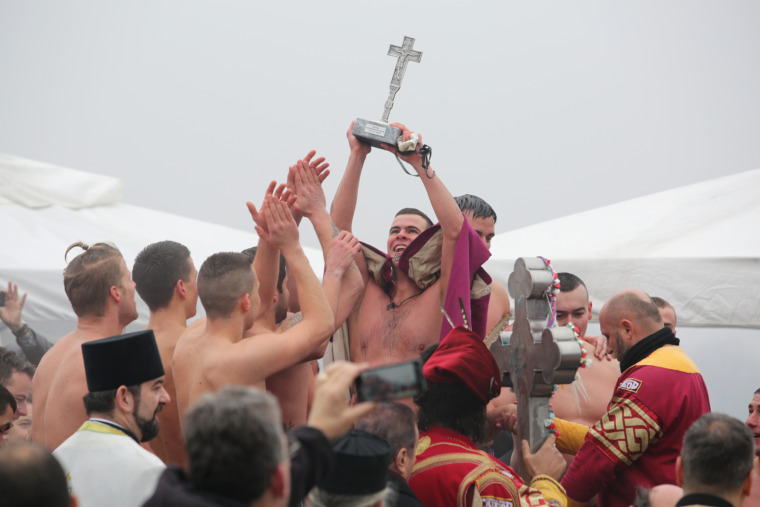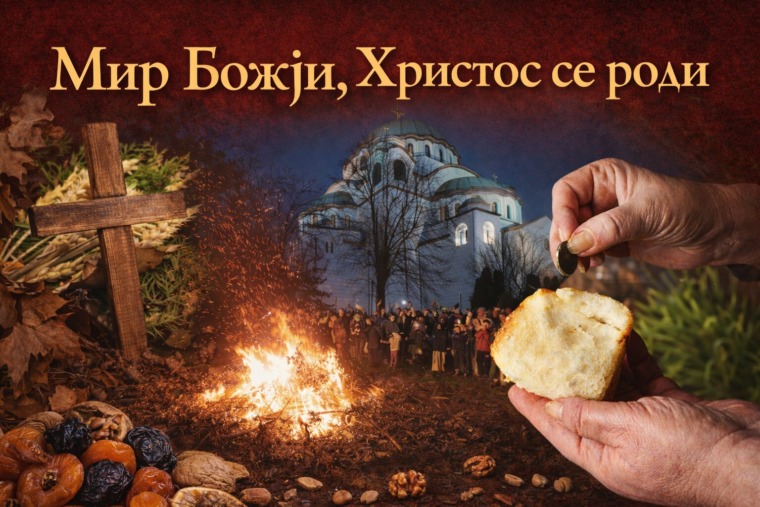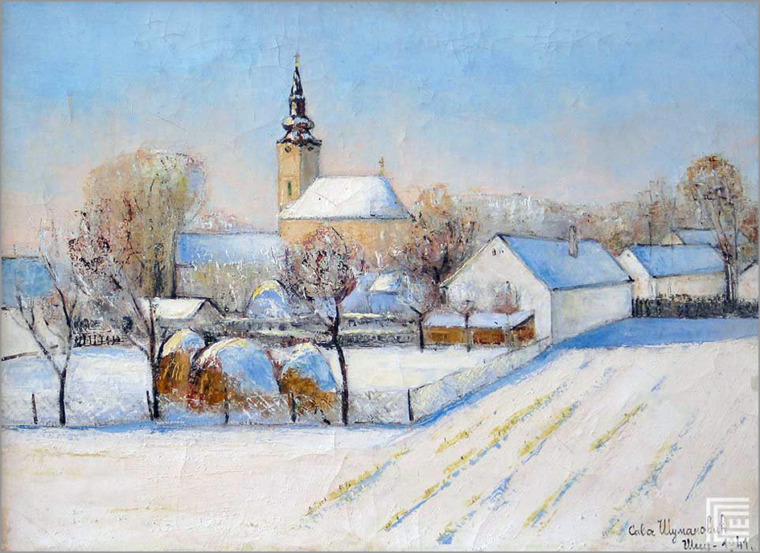
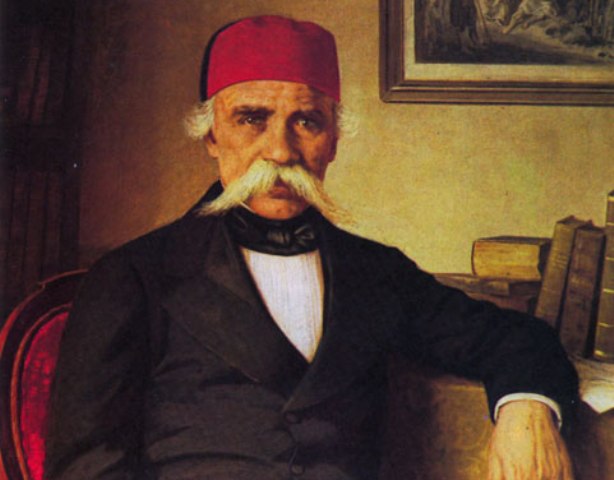
Serbian literature gained timeless significance thanks to its specificity and it is recognized by many international organizations and prominent individuals. The Miroslav Gospel from the 12th century was inscribed on UNESCO’s Memory of the World Register, and the famous German writer Goethe learned Serbian language so that he could read poems in Serbian which are compared to Homer’s by their beauty
Uniqueness that imbued Serbian literature from the very beginnings to the present day has enriched lavish garden of world literature. Therefore, the first monument of Serbian literacy from the 12th century “Miroslav Gospel” found its place among the most important works of world literature in the library of the UNESCO “Memory of the World”. This liturgical book that was written in the Cyrillic script on parchment and decorated with miniatures in gold and color, was ordered by Miroslav of Hum.
During the Turkish rule, very rich tradition of oral epic and lyric literature of extraordinary beauty was born. It was passed down from generation to generation, orally, and folk singers sang some of the most beautiful poems with sounds of the gusle. Based on fiction or true events, traditional folk stories and songs are unique for their beauty. More legends than history, Serbian epic poems, as monuments of ancient times, immortalized the Serbian literature and sang about heroes worthy of eternity.
Folk songs, stories and beliefs were collected and published by Vuk Karadžić, the famous reformer of the Serbian script. It’s his merit that Serbian literal heritage is known to today’s generations, while most people grew up listening to these songs and stories. Be sure to read some of the old folk stories or epic and lyric songs and you won’t be disappointed.
The same way as once Vuk Karadžić told a story of “Hasanaginica” to the famous German writer Johan Wolfgang Goethe. Goethe loved it so much that he decided to learn Serbian in order to read this masterpiece of folk literature in Serbian.
Another writer and Nobel Prize Winner, Carl Spitteler, wrote about our epic poems: “Since Homer’s time no one has created such magnificent epic poems like Serbian poems are”.
But the beginnings of literature in Serbia reach further in the past. Today it is disputable whether the human script was created right here, on this land.
The discovery of the Vinča script at the archeological site Vinča near Belgrade, dating back in 5500 BC, has stirred numerous discussions about allegedly new source of literature based on the evidence of the origin of Serbian script. The scientists determined the similarity between 22 letters from the Vinča script with the letters from the Cyrillic script.
Scripts carved in stone blocks and on pottery made some scientists change their minds, bringing them to the conclusions that other people had come in contact with the Vinča script and thus had adopted some letters. This could be the right motive to visit this archeological site – find out yourself if the presumptions are true.
Photo: commons.wikimedia.org
Related Articles


Serbian New Year: A Unique Winter Travel Experience
January 12, 2026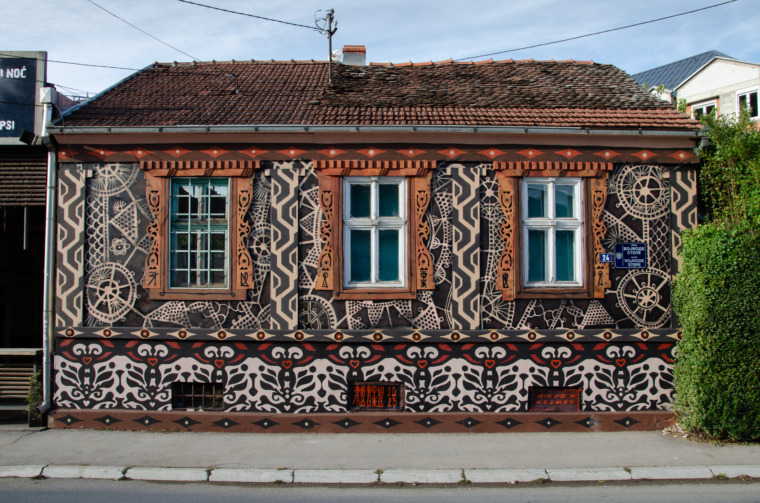
Čačak: Serbia’s Open-Air Gallery of Murals
December 19, 2025

